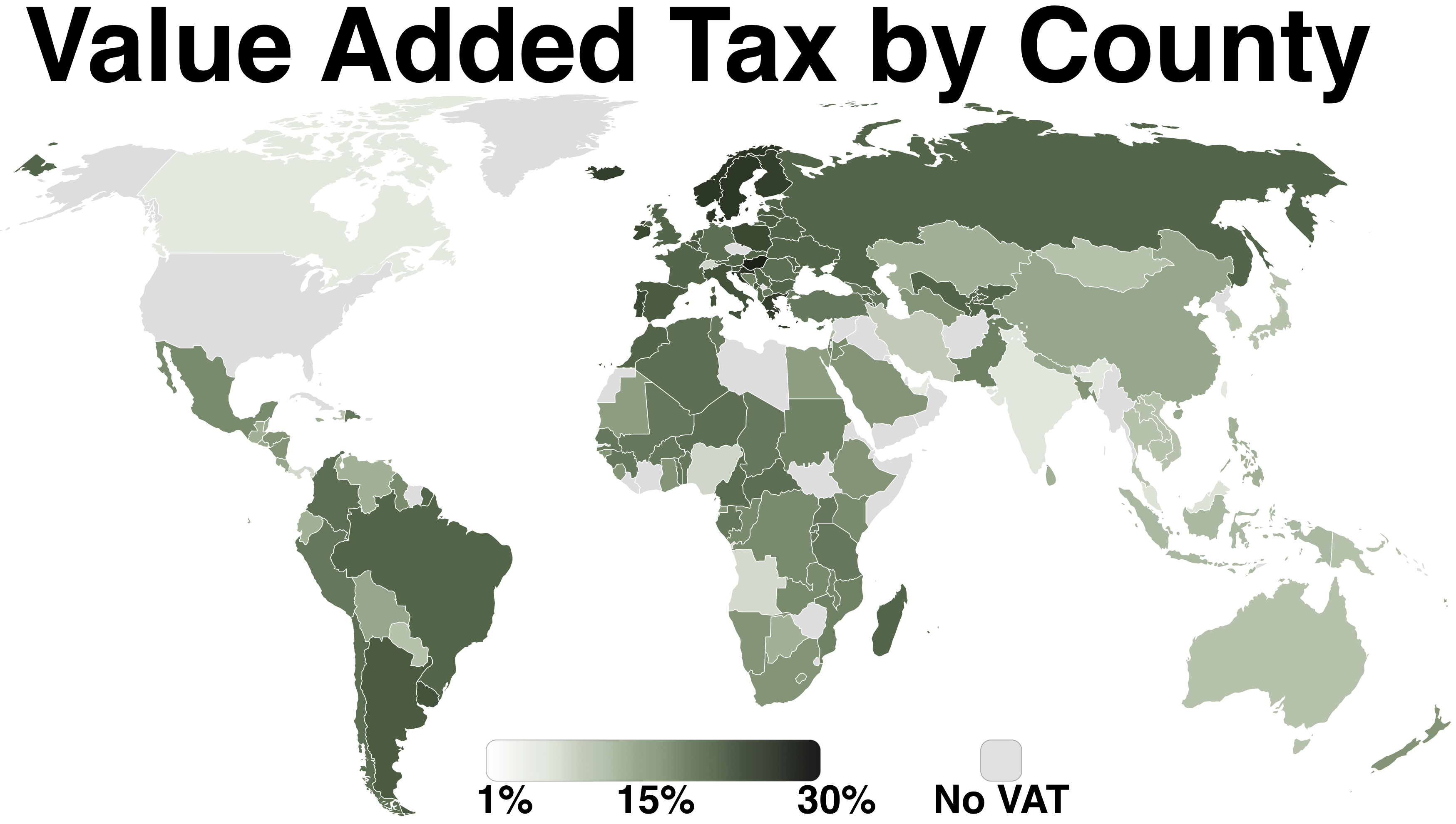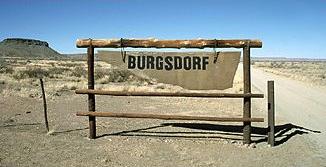|
Taxation In Namibia
This is an overview of taxes charged to individuals and companies in Namibia. Income Tax Personal income tax is applicable to total taxable income of an Individual and all individuals are taxed at progressive marginal rates over a series of income brackets. The tax year runs from 1 March to 28 February. Tax rates for the 2010–2011 to 2012–2013 tax years were as follows: Tax rates proposed for the 2016–2018 tax year are as follows: Income tax is typically withheld by the employer. Individuals are responsible for submitting a tax return form to the Receiver of Revenue once a year. Individual taxpayers are categorised into three groups each submitting a different colour tax return. There are brown, blue and yellow forms. Value Added Tax A 15% Value added tax (VAT) is applicable to almost every commodity. Basic commodities like sugar, bread etc. are exempted from VAT. See also * Cost of Living in Namibia * Economy of Namibia The economy of Namibia has a modern mar ... [...More Info...] [...Related Items...] OR: [Wikipedia] [Google] [Baidu] |
Namibia
Namibia (, ), officially the Republic of Namibia, is a country in Southern Africa. Its western border is the Atlantic Ocean. It shares land borders with Zambia and Angola to the north, Botswana to the east and South Africa to the south and east. Although it does not border Zimbabwe, less than 200 metres (660 feet) of the Botswanan right bank of the Zambezi River separates the two countries. Namibia gained independence from South Africa on 21 March 1990, following the Namibian War of Independence. Its capital and largest city is Windhoek. Namibia is a member state of the United Nations (UN), the Southern African Development Community (SADC), the African Union (AU) and the Commonwealth of Nations. The driest country in sub-Saharan Africa, Namibia has been inhabited since pre-historic times by the San, Damara and Nama people. Around the 14th century, immigrating Bantu peoples arrived as part of the Bantu expansion. Since then, the Bantu groups, the largest being the ... [...More Info...] [...Related Items...] OR: [Wikipedia] [Google] [Baidu] |
Income Tax
An income tax is a tax imposed on individuals or entities (taxpayers) in respect of the income or profits earned by them (commonly called taxable income). Income tax generally is computed as the product of a tax rate times the taxable income. Taxation rates may vary by type or characteristics of the taxpayer and the type of income. The tax rate may increase as taxable income increases (referred to as graduated or progressive tax rates). The tax imposed on companies is usually known as corporate tax and is commonly levied at a flat rate. Individual income is often taxed at progressive rates where the tax rate applied to each additional unit of income increases (e.g., the first $10,000 of income taxed at 0%, the next $10,000 taxed at 1%, etc.). Most jurisdictions exempt local charitable organizations from tax. Income from investments may be taxed at different (generally lower) rates than other types of income. Credits of various sorts may be allowed that reduce tax. Some jurisdictio ... [...More Info...] [...Related Items...] OR: [Wikipedia] [Google] [Baidu] |
Value Added Tax
A value-added tax (VAT), known in some countries as a goods and services tax (GST), is a type of tax that is assessed incrementally. It is levied on the price of a product or service at each stage of production, distribution, or sale to the end consumer. If the ultimate consumer is a business that collects and pays to the government VAT on its products or services, it can reclaim the tax paid. It is similar to, and is often compared with, a sales tax. VAT is an indirect tax because the person who ultimately bears the burden of the tax is not necessarily the same person as the one who pays the tax to the tax authorities. Not all localities require VAT to be charged, and exports are often exempt. VAT is usually implemented as a destination-based tax, where the tax rate is based on the location of the consumer and applied to the sales price. The terms VAT, GST, and the more general consumption tax are sometimes used interchangeably. VAT raises about a fifth of total tax revenues ... [...More Info...] [...Related Items...] OR: [Wikipedia] [Google] [Baidu] |
Cost Of Living In Namibia
The cost of living in Namibia is very high. Namibia imports about 50% of its cereal requirements. Many other items used in daily life also need to be imported. High transportation costs make prices very high and unaffordable. Monopolies in some business sectors causes higher profit booking, which also results in raising of prices. For example, the price (in 2013) of electricity for domestic consumers in Windhoek for post-paid consumers was 1.08 N$ per unit (KWH) added with ECB levy of 0.0150 N$ per unit and NEF levy of 0.0102N$ per unit, with a fixed cost based on load added to the bill. Consumers who have prepaid metering units paid 1.57 N$ per unit of electricity, with an added ECB levy of 0.0150 N$ per unit and NEF levy of 0.0102N$ per unit. The price of gasoline was ~13 N$ per liter, and the price of liquid petroleum gas (LPG) was ~8 N$ per liter. Rent for a family accommodation may exceed 12000 N$ per month in safe urban locations. The price of a 1 litre water bottle is ~15 N$ ... [...More Info...] [...Related Items...] OR: [Wikipedia] [Google] [Baidu] |
Economy Of Namibia
The economy of Namibia has a modern market sector, which produces most of the country's wealth, and a traditional subsistence sector. Although the majority of the population engages in subsistence agriculture and herding, Namibia has more than 200,000 skilled workers and a considerable number of well-trained professionals and managerials. Overview Namibia is a higher-middle-income country with an estimated annual GDP per capita of US$5,828 but has extreme inequalities in income distribution and standard of living. It has the second-highest Gini coefficient out of all nations, with a coefficient of 59.1 as of 2015. Only South Africa has a higher Gini coefficient. Since independence, the Namibian Government has pursued free-market economic principles designed to promote commercial development and job creation to bring disadvantaged Namibians into the economic mainstream. To facilitate this goal, the government has actively courted donor assistance and foreign investment. The ... [...More Info...] [...Related Items...] OR: [Wikipedia] [Google] [Baidu] |

